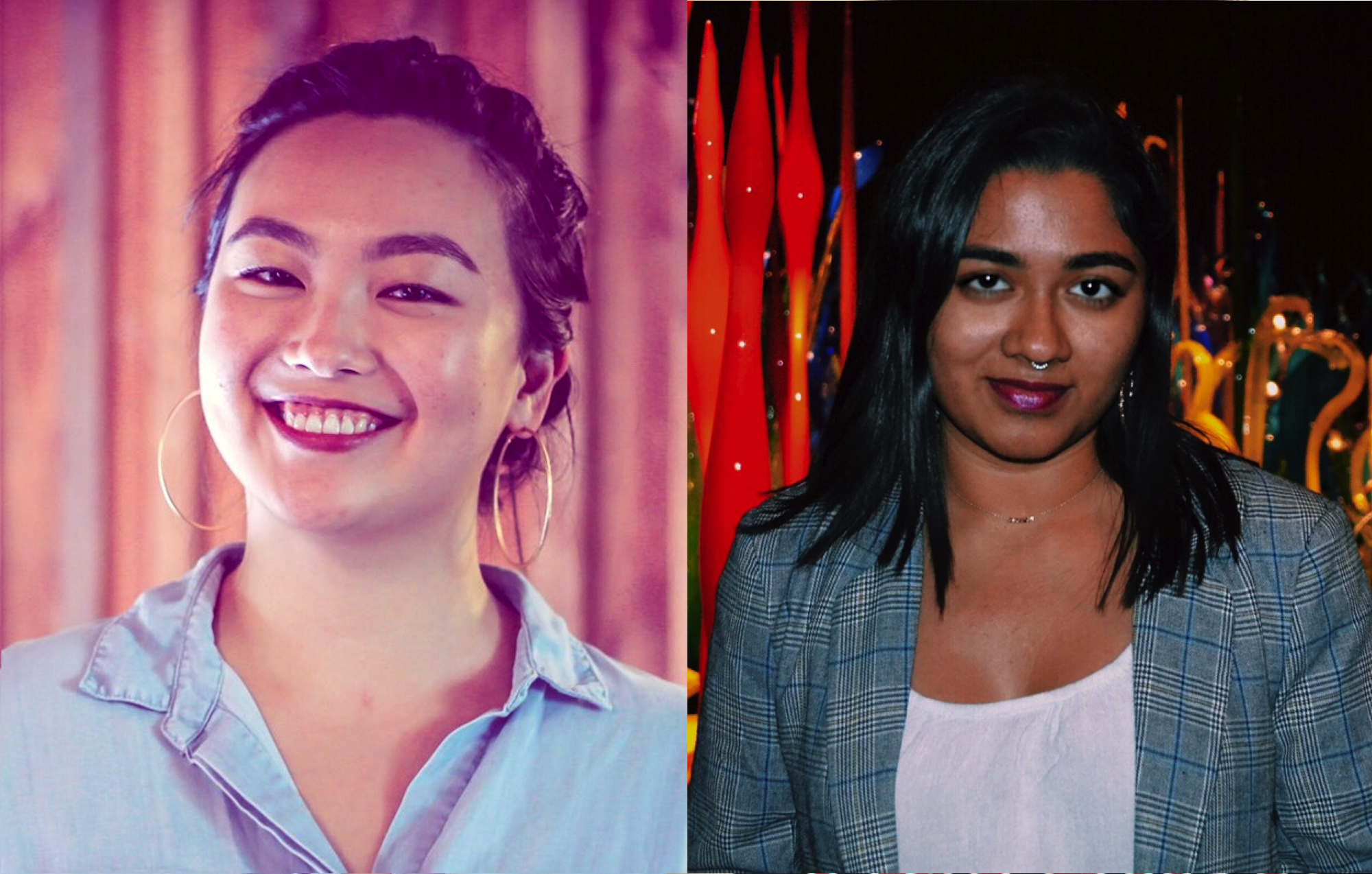Yesterday, protestors across the US gathered at courthouses, town squares, and statehouses, to oppose the abortion restrictions that have been sweeping over the country. Thousands attended the #stoptheban demonstrations that spanned all 50 states and Puerto Rico, to protect abortion rights. Over the past three months, five states from Ohio to Missouri have passed laws that restrict access to abortions. While abortion remains legal in all 50 states for now, these laws represent a greater attack on reproductive rights and an effort by anti-abortion advocates to overturn Roe v. Wade.
“We are continuing to be in a state of immoral and unjust laws that disproportionately impact young people, people of color, trans folks, people with limited resources,” explained Julia Reticker-Flynn, director of youth organizing and mobilization at Advocates for Youth. “It’s a hard moment.”
While yesterday’s demonstrations were ignited by the current bans and restrictions, many activists have been on the ground making sure everyone can have access to the resources and healthcare they need long before these laws, whether it’s through sharing their stories through initiatives like Youth Testify or volunteering at their local abortion clinic.
“We’ve seen young people are fighting back,” said Reticker-Flynn. “Many who have had abortions are sharing their stories and aiming to shift culture and challenge stigma and make it easier for the next person after them to access abortion care.”
i-D talked to some of these young activists from around the country to see how they are responding to the current abortion bans and how they are fighting back.
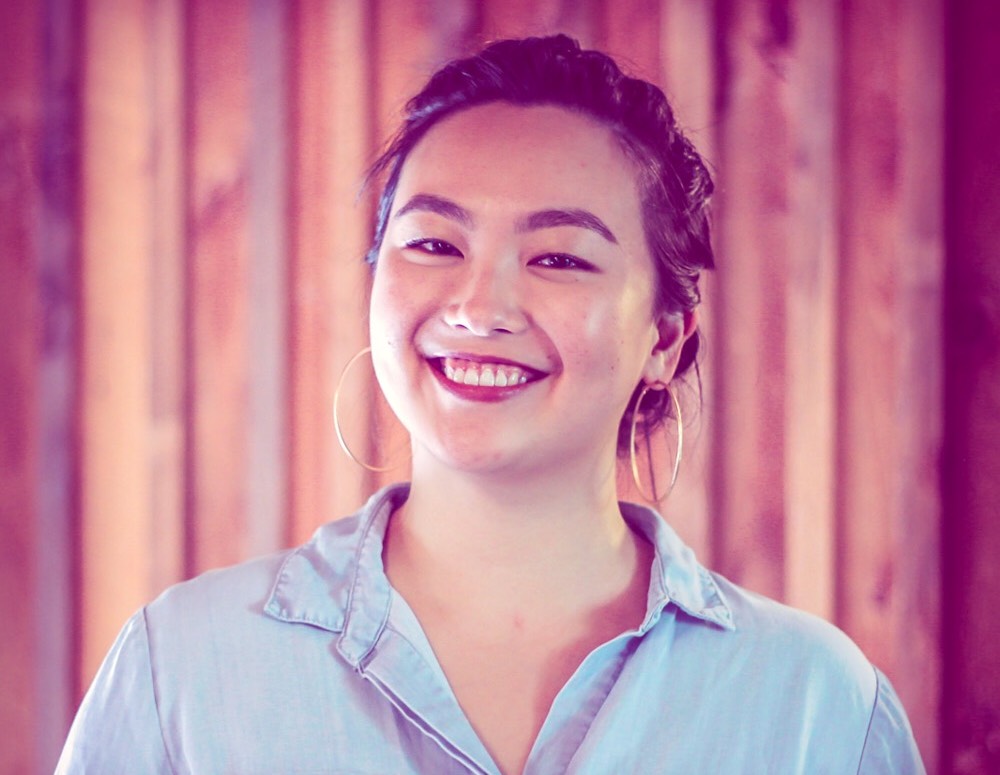
Jeana, 24, Los Angeles, California
How did you get involved in the reproductive justice movement?
I am from Texas, I currently live in Los Angeles. I had my abortion when I was 20. I was in school and was definitely not ready to become a parent, not financially, not emotionally — just was not ready to become a mom. It was not a difficult decision for me at all.
It was kind of like I put it in the back of my mind for about a year, then I found out about this organization, which is a practical support abortion fund called Clinic Access Support Network in Houston. They were looking for volunteers, so I decided to sign up and I started driving people to and from their abortions at the clinic. This was just my entry point into the reproductive justice movement. Now, I work for All Options as their national engagement coordinator, I do communications and fundraising for them. So, I am taking a break from the direct service, on-the-ground side of things, but still very much in the movement.
How are you feeling in light of the current attack on reproductive rights?
I have been feeling pretty overwhelmed, not just with the bans, because it is really nothing new. These same politicians have been chipping away at access to our rights for a long time. We have seen it happening slowly, but these bans are just very extreme and a direct challenge to Roe. With that comes a lot of national attention. What I have been feeling is outrage at the bans themselves and just a lot of complicated feelings about how people are responding to them.
A lot of well-meaning white women who are outraged and newly mobilized by these bans are not aware of the work that abortion funds and people of color within the reproductive justice framework have been doing for years. Some are just not aware of the efforts that are already in place and the wisdom that comes from being on the ground for decades in these states, and want to recreate the wheel without acknowledging the work that has already been done. Also, it has been really awesome to see the larger public becoming aware of what abortion funds do and wanting to support them. A lot of mixed feelings.
Based on your work in different communities, what do you want people to know about abortions?
I would like to note, that women are not the only people who have abortions. So when we talk about abortion, it is important to use inclusive language. One of the main things I would say is that having an abortion is really safe, definitely in the first trimester and even in the second. We want to keep it that way and make sure it stays safe, legal, and accessible. I would also say is that there is no right or wrong way to feel about your abortion. If you are sad about it, that is okay, if it is not a big deal that is also okay. If you are questioning your decision that is okay too. The only thing that isn’t okay is telling people how to feel.
What do hope to achieve through your work with the reproductive justice movement?
The ultimate end goal is for abortion funds to not be necessary. No more Hyde Amendment, so everyone can get their abortion covered by insurance. No more stigma, so people can call on their support system to support them through the process and talk about their feelings. To bring back community care into the whole experience. It would be great if no one felt external stigma or shame for whatever they choose to do with their bodies.
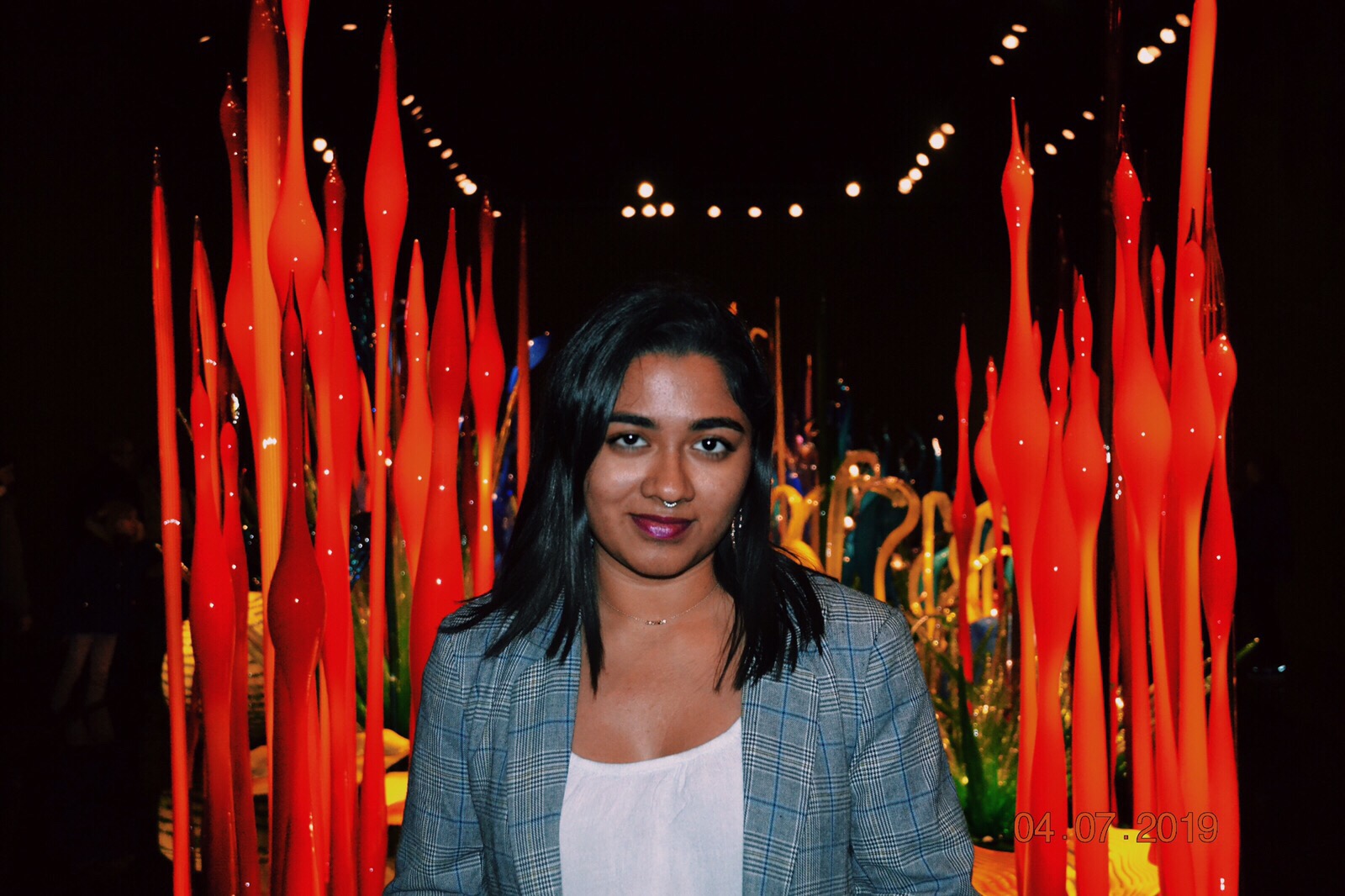
Malavika, 18, Orlando, Florida
Can you tell me a little bit about your background and how you got involved in activism?
I am a writer and social organizer, and I focus on uplifting women, youth, and people of color to participate in politics. I run a nonprofit organization, Homegirl Project, that empowers women of color through storytelling, mentorship, and community building.
What are your feelings on the latest abortion ban and the similar laws that are being proposed around the country?
I know that this abortion ban isn’t about preventing abortions or saving lives: it’s about controlling women’s bodies, so I’m feeling a lot of things right now. Anger, because abortion is healthcare and people deserve to control their own bodies, but a small group of Republican men and white women have created an ineffective policy that will disproportionately harm women of color. Fear, because this is part of an insidious strategy to disenfranchise women nationwide, awaken patriarchal sentiment, and possibly overturn Roe v. Wade. Grief, for all of the women and menstruators who are enduring increased stigma and fear, particularly those in the affected states. But what I’m not feeling is surprise, because Republicans have always been gunning for reproductive rights, hoping that one day we won’t stand up to them.
How do you see these laws affecting you and your peers?
It’s never been easy to be a young woman in the US: although political outrage has coalesced most strongly under the Trump administration, women have been dealing with this shit since time immemorial, particularly women of color. It starts at a young age: female bodies are policed under sexist ‘dress codes’ at schools, we are limited by abstinence-only sex education (or denied sex ed altogether), women of color are disproportionately affected by school discipline, our histories and struggles are erased from school curriculums, and when we inevitably face sexual harassment, we can’t fight back effectively because we’re on the lower end of the power dynamic. Abortion laws, and the general stigma surrounding young female sexuality, is only part of this system. And when we graduate into adulthood, these disparities only grow more pronounced.
What do you hope for the future of the US, especially in terms of reproductive rights?
In the short term, I hope that we can get these abortion laws struck down, and that Roe v. Wade is upheld at the national level. (ACLU, you better WERK). But in the long term, I hope we can get more progressive women elected into office: in every state, at every level. This will be achieved by empowering more young people, people of color, and historically marginalized people to vote — something which Republicans are well aware of, and eager to prevent.
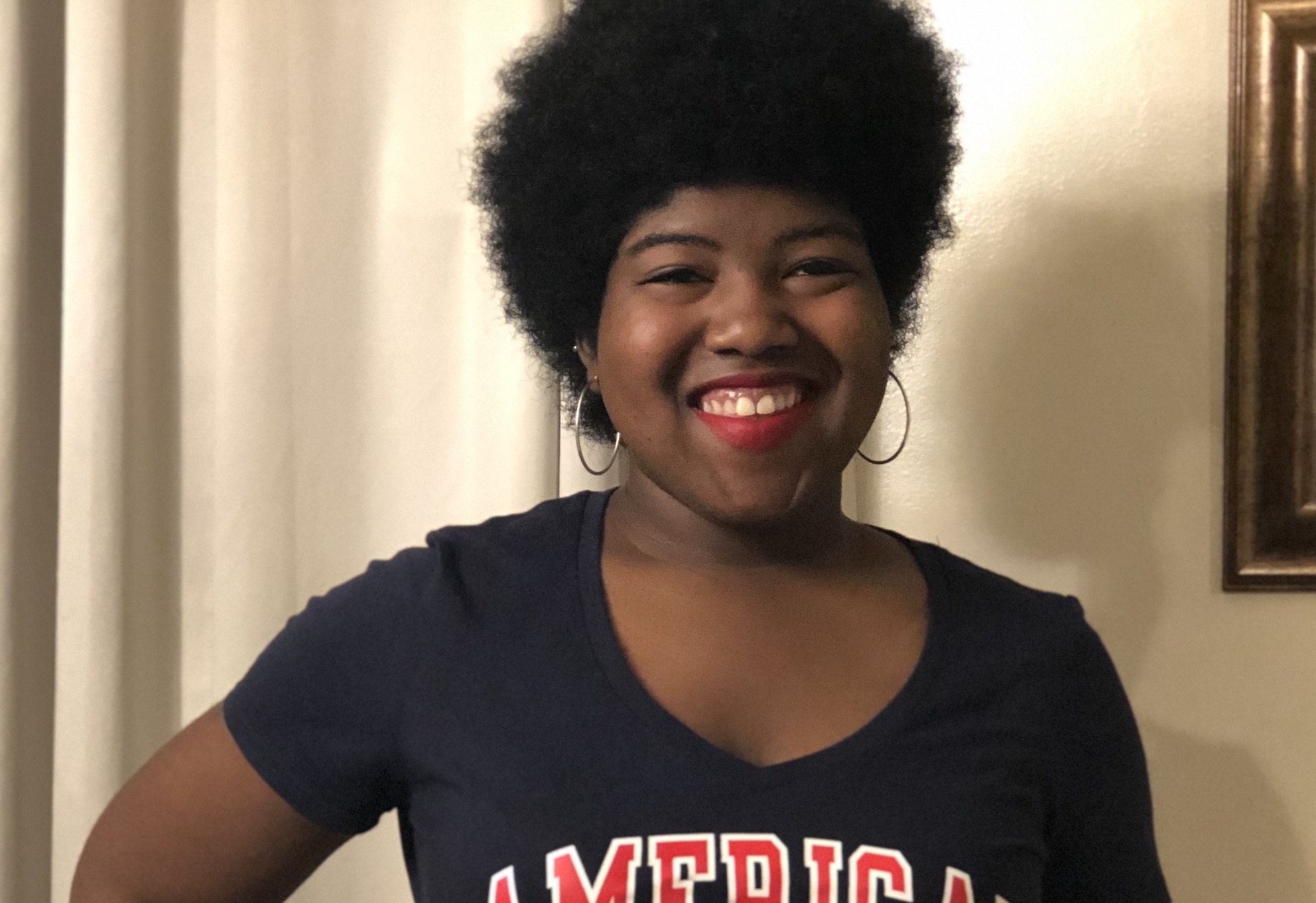
Kenyatta, 19, Pascagoula, Mississippi
How you became an activist?
I am a black queer woman. My mother is a former teen mom who dropped out of high school and had to get her GED and my dad dropped out of college and served in the Navy for two years. I got my start in activism due to the 2016 Election. I was angry at my classmates and their loud support of Trump. They willfully ignored and accepted his racism, sexism, and xenophobia.
How did you get involved with reproductive rights?
In August 2017, I joined the Mississippi Youth Council, a group of ten young people from across the state of Mississippi to advocate and lobby for comprehensive sex education. A few months later, I joined Planned Parenthood and began volunteering. My involvement with these two groups made me realize my mission and purpose as a reproductive justice advocate. In December 2018, I was asked to join the Women’s March Youth Empower Cohort.
How are you feeling in light of these anti-abortion laws being passed around the US?
I am angry at the bans, but sadly not surprised. This has been coming for years and the bans are coming in waves now due to Trump tipping the balance of the Supreme Court. Conservatives now think that they have the power to overturn Roe v. Wade. The bans, if enacted, would do nothing to actually stop abortion. The bans will only stop safe and legal abortions. People with uteruses will still find ways to obtain abortions, but thousands will die due to the illegal nature of them.
How do you see these laws affecting you and your peers?
Young womxn are being treated like incubators. We are being treated as if the only worth we have is related to our ability to bear children. The laws will throw us back in time. My peers and I will be forced back into the time of coat hangers and resorting to any other means to end a pregnancy.
What do you hope for the future of this country, especially in terms of reproductive rights?
I hope for a future where none of this has to be debated. Abortion is healthcare — plain and simple. I hope for a future where no one is shamed or fearful of going to receive their healthcare. A future where no one has to be afraid that the next politician in office is going to strip them of their rights.
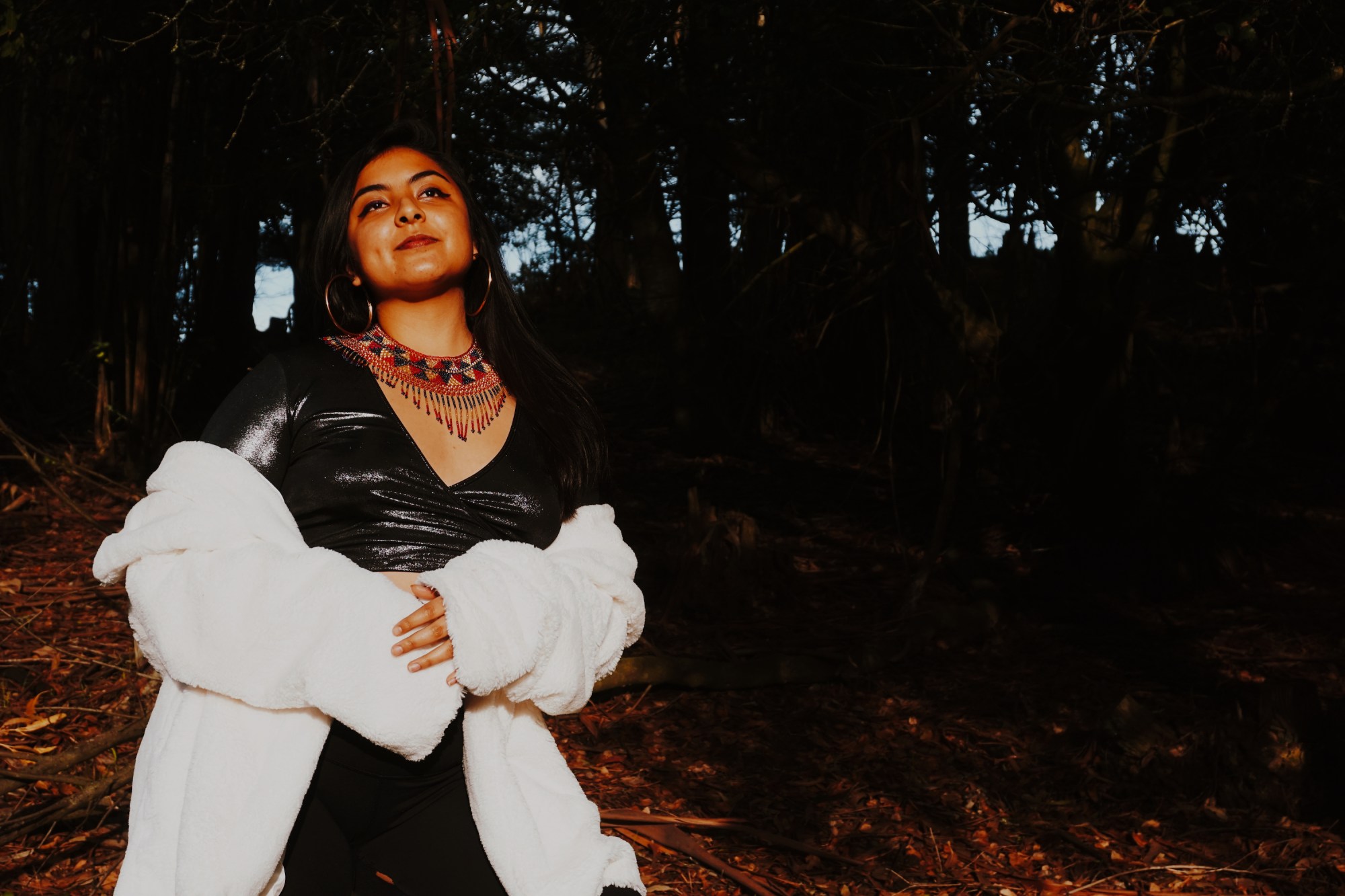
Hilaria, 24, San Francisco, California
How did you get involved in the reproductive justice movement?
I had my abortion when I was 22. I’m a part of Youth Testify, which is a program of the National Network of Abortion Funds and Advocates for Youth. And I’m also working as an intern at my local abortion fund in California called ACCESS Women’s Health Justice. So, I’m the organizing and movement building intern there and also an after school teacher.
What made you want to share your story through Youth Testify?
Yeah. I think it was the stigma. I was really quiet about my abortion, I didn’t want to tell anybody but my close friends and it was also an expensive procedure, and at that time I was a student. I had insurance through the university, but it didn’t cover my abortion. I was lucky enough to have a partner who was able to pay for my procedure. But, otherwise I would have had to probably reach out to my abortion fund, which I didn’t know existed at the time. But, yeah, I think it was the stigma that was a major factor in me wanting to do work around making abortion more accessible.
What do you think people are still getting wrong about abortion?
Well, definitely that “nobody wants their abortion.” I wanted my abortion. I really wanted it. It wasn’t a super traumatic experience or anything. So many people have abortions and it’s interesting to tell my abortion more frequently because I have people, loved ones that have been in my life forever, who tell me about their abortions or friends who tell me about the abortion and it’s really the stigma that’s keeping this really quiet.
Why do you think that stigma persists?
I think it’s that threat of persecution for making a choice about your own body and what that says about how much we respect bodily autonomy, how much we respect reproductive processes. I think that’s like a huge thing. And I hope that people will look to those that are already doing the work around abortion access right now. And I think I’ve seen that quite a bit. You know, like people are starting to highlight the work of the National Network of Abortion Funds and the abortion funds in the country. The different abortion funds have been doing this work before these bans. They have been on the ground, doing the work and I hope that the funds will be able to get the support that they need to continue doing the work.
Is there anything that you really want people to know about abortion?
Your choice is valid and what you’re doing is making a choice on your own body and however you feel about it, is how you feel about it. And if, you’re feeling fine and you’re feeling great about your abortion, don’t let anybody make you feel like you should feel sad about it or you should feel a certain way about it. Your feelings about your abortion are your feelings and that’s totally valid.
